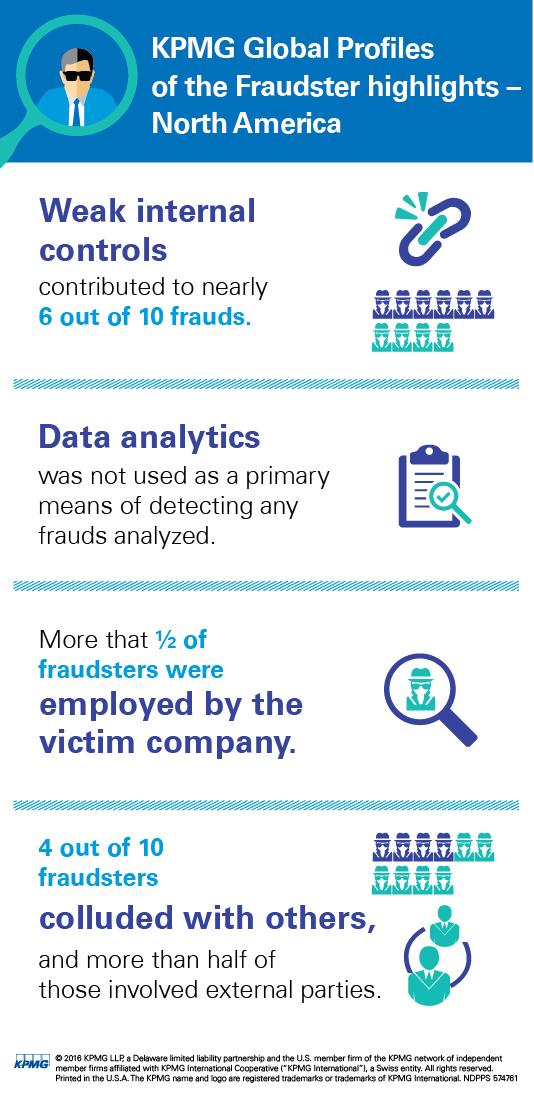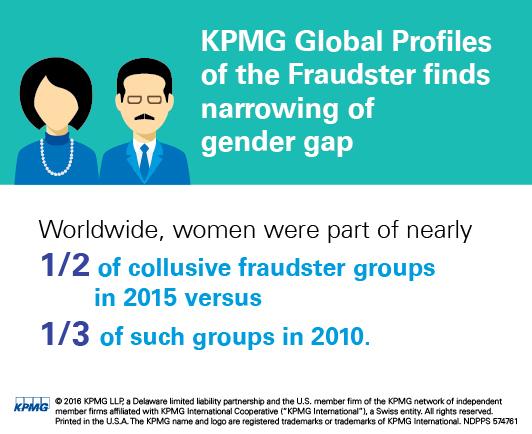At a loss of more than $6 billion annually, experts have found fraud occurs in most organizations, but 80% of respondents to a recent survey by ACL believe their organization has “medium to no” exposure.
The 2017 Fraud Survey of more than 500 professionals in the United States and Canada found that “alternative facts” extend to the mentality among many businesses.
“As the phenomena of ‘fake news’ and ‘alternative facts’ permeate the U.
S. landscape, it is interesting to see how disconnected many executives are from the true prevalence of fraud and corruption in their organizations,” said Dan Zitting, chief product officer at ACL, a risk management software provider. He added that companies increasingly discover they have had “numerous instances of potential fraud” that need to be investigated.
Almost two-thirds of respondents (63%) also said that most instances of fraud committed in their organizations are not detected, and more than 75% said that at least some of the fraud that is detected goes unreported.
Respondents noted that a company’s fraud experts can feel pressure from senior leaders, direct managers and even peers to suppress or alter their fraud findings. While the existence of internal pressure is no surprise to most, the survey confirmed that pressure from all sides makes fraud harder to overcome.
“As long as companies refuse to admit that fraud exists, the fraud will continue,” Zitting said. “As unscrupulous employees and vendors realize the company’s ignorance, the problem has great potential to grow.”




